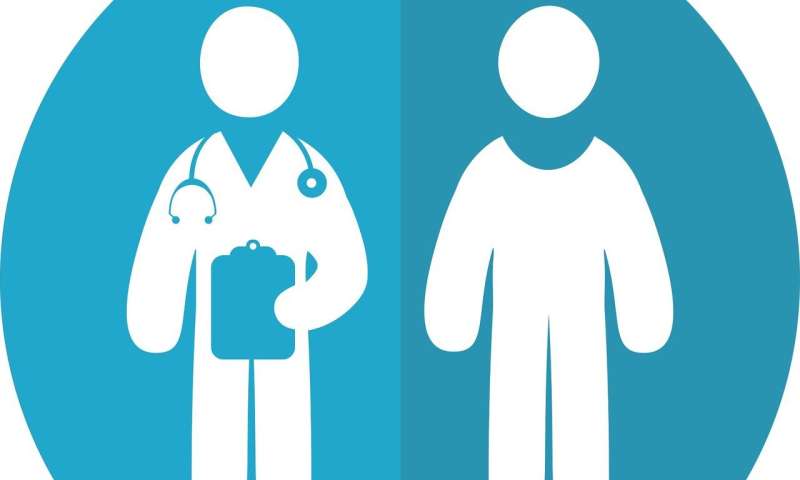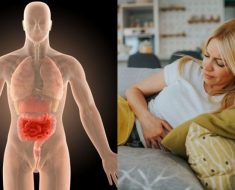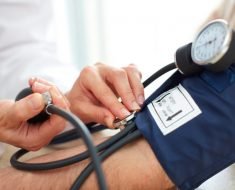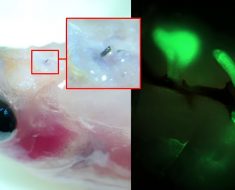
A year ago, investigators set out to study whether symptomatic COVID-19 outpatients should be given anticoagulant or antiplatelet therapy to prevent clots that were reported among some patients with COVID-19. The data collected to date, through a randomized, double-blinded, placebo-controlled trial sponsored by the National Heart, Lung, and Blood Institute (NHLBI), suggests a very low rate of thrombotic complications in the patients studied. Trial leadership has found that for mildly symptomatic COVID-19 outpatients who have been sick at home for at least a week and who remain clinically stable and have no risk factors for thrombotic events, rates of major cardio-pulmonary complications do not justify antithrombotic therapy. Given these data, the study’s Data and Safety Monitoring Board has recommended to end the trial.
“This is really good news for the millions of people who are managing mild, stable symptoms of SARS-CoV-2 infections at home,” said Paul Ridker, MD, MD, MPH, director of the Brigham’s Center for Cardiovascular Disease Prevention and Chairman of the ACTIV-4B COVID-19 Outpatient Thrombosis Prevention Trial. “Among mildly symptomatic but clinically stable COVID-19 outpatients a week or more since the time of diagnosis, rates of major cardio-pulmonary complications are very low and do not justify preventive anticoagulant or antiplatelet therapy unless otherwise clinically indicated.”
As is normal for clinical trials, the ACTIV-4B COVID-19 Outpatient Thrombosis Prevention Trial is overseen by an independent Data and Safety Monitoring Board that routinely reviews the data associated with the trial. Such review boards are composed of experts in ethics, biostatistics, clinical trials, and blood clotting disorders. The NHLBI has accepted the recommendations of these oversight boards. As a result, ACTIV-4B has stopped enrolling but will continue a follow-up of the study’s participants, who will be off study-prescribed medication. Findings from the study will be further analyzed by investigators and submitted for publication in a peer-reviewed journal.
The ACTIV-4B trial included mildly symptomatic but clinically stable COVID-19 outpatients who were randomized to one of four arms. The trial compared 45 days of treatment with prophylactic dose Apixaban (2.5 mg po bid), to therapeutic dose Apixaban (5.0 mg po bid), to Aspirin (81mg po qd), and to a Placebo (po bid). The primary efficacy outcome for the trial was a composite of all-cause mortality, symptomatic venous thromboembolism, myocardial infarction, stroke, transient ischemic attack, systemic embolism, major adverse limb events, and hospitalization for cardiovascular or pulmonary cause at 45 days. The primary safety outcome was bleeding events at 45 days.
Based on the practice patterns and the available data at the time that the ACTIV-4B trial was designed, trial leadership estimated that the risk of the 45-day primary composite endpoint would be 6-8 percent in the placebo group. To date, however, there has only been a handful of hospitalizations for COVID-related pneumonia and no thromboembolic events among the participants enrolled and taking study medications.
“The observation that the trial’s primary endpoint rate is exceptionally low is highly actionable from a medical perspective and of considerable clinical importance for the U.S. public,” said Jean Connors, MD, the trial Principal Investigator and a hematologist at Brigham and Women’s Hospital. “We regularly receive questions from physicians caring for mildly symptomatic outpatients about the best pathway forward for these extremely common patients; for those a week or more past the time of COVID-19 diagnosis who are clinically stable and do not have other risk factors, our data show the best course of action is likely not to treat with antithrombotics unless there are other indications for such treatment.”
Source: Read Full Article





